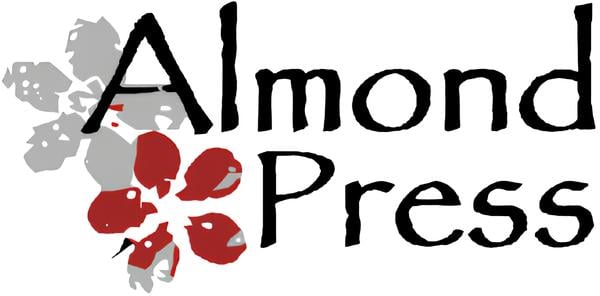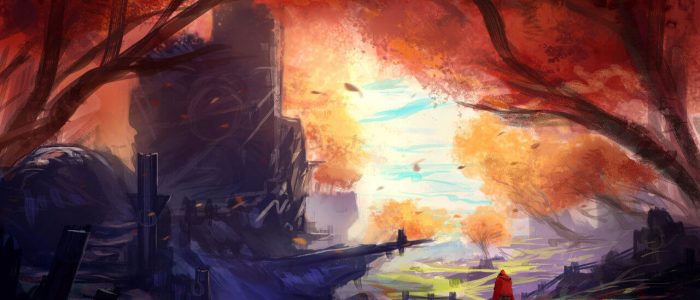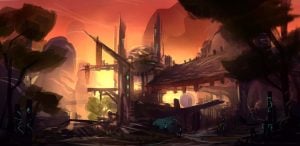The Popularity of Post-Apocalyptic Novels
The world is – and always has been – full of stories that describe the world after an apocalypse. In religion it’s often a way to start over. In the bible it’s up to Noah, to built a new post-apocalyptic world after the flood has washed away all civilization. When ‘Ragnarok’, de final battle in Scandinavian mythology, has ended up in the death of almost all the gods, creatures and people, it’s up to two people hiding in a tree to climb down and reshape their world. And so we can continue throughout history, reading the stories of new worlds and life after the decline. We can go all the way from the bible to ‘the hitchhikers guide to the Galaxy’ and ‘The Road’.
A rise in post-apocalyptic novels
Since the success of ‘The Road’, the praised novel by Cormac McCarthy, there has been a rise in the popularity of post-apocalyptic writing. Jason Heller gives an extensive list of examples in his article ‘Does Post-Apocalyptic Literature Have A (Non-Dystopian) Future?’ Since then, there are numerous new ways the world could end, and a lot of novels have been adapted for the screen. In ‘I am Legend’, based on the novel by Richard Matheson (1954), 90% of all humans are infected with a virus after a researcher tries to find a cure for cancer. But also major floods, wars between species, climate change and genetically modified ‘super humans’ pop up in all kinds of stories.
There are also a lot of novelists that create their stories in a world after a devastating event. In “The Bone Clocks” by David Mitchell we not only have to deal with elements of fantasy but also with a society that – in the near future – has fallen apart. Global society has reached the age of ‘Endarkment’. Perhaps it’s more dystopian than post-apocalyptic but nevertheless, the rich and Western society that we all know too well has ceased to exist, and the impact it has on the people involved is tremendous.
Why are post-apocalyptic worlds so interesting?
It’s hard to give just one explanation for the rising popularity, as the diversity in the published novels is immense. But it looks like it can all be seen in the light of fear for things ‘too big to grasp’, such as global economics, genetic modification or life on other planets. These novels are often about mechanisms too big to fully grasp. And on the other hand there’s nature. Stories about floods and violence of nature show us that although we desperately try to control nature, and sometimes even fight, it cannot be stopped.
In the ‘Bone Clocks’ we could see this ‘age of Endarkment’ as a presage. It shows our fear of losing our carefully built up and rich society. Losing our wealth, losing our humanity. Other stories could provide a way for people to reflect on the consequences or abilities of new technology such as viruses and genetic modification. It taps into our fears and helps us deal with it. And perhaps it’s also a good way to help us draw a line. It could show us we should be careful and question authorities, decisions made and global economics, regardless of where technology takes us.
As the world keeps changing rapidly we don’t need to fear the popularity of post-apocalyptic novels will soon decline in the same speed as the world in these novels.
For now, we can still look up from our pages and value what we still have.
- The Popularity of Post-Apocalyptic Novels - June 11, 2015



